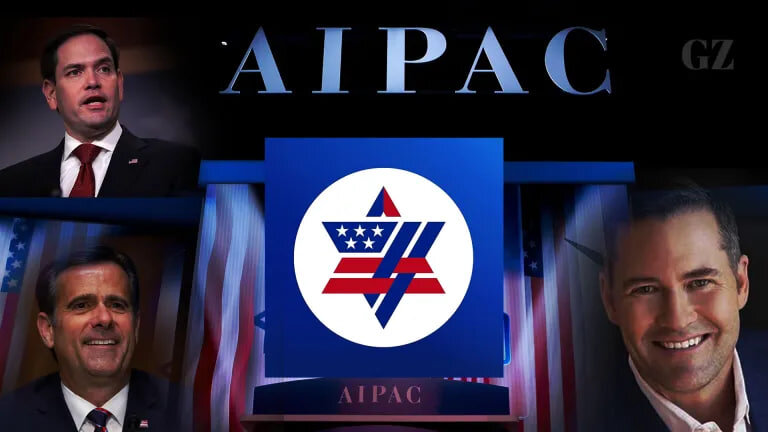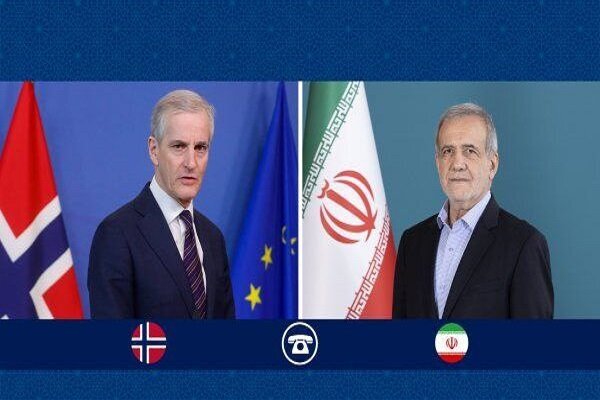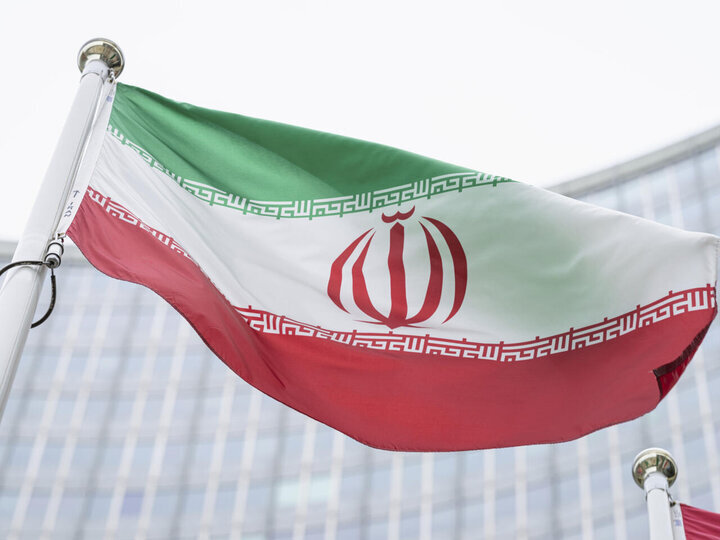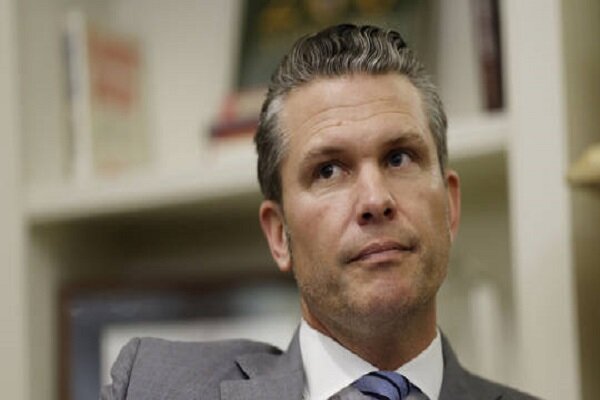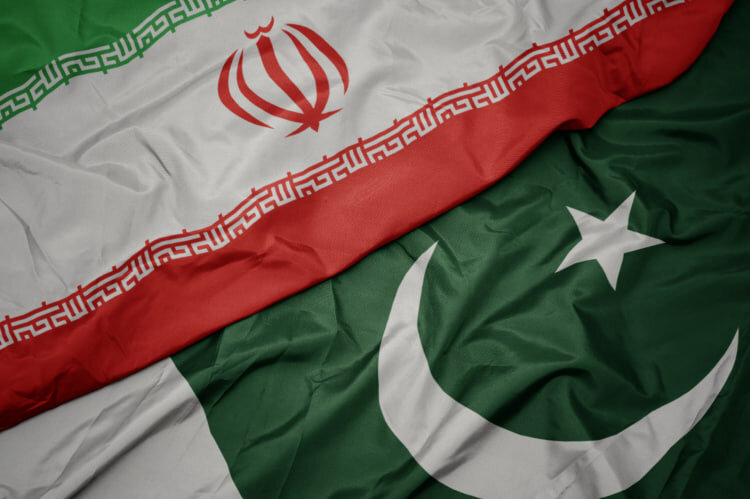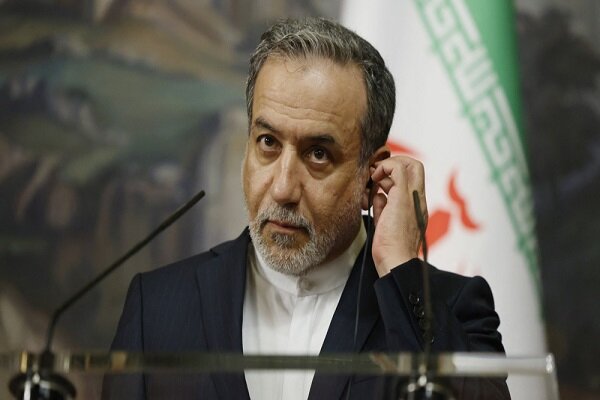AIPAC Leader’s Leaked Audio Reveals Exclusive Access to Trump’s Top National Security Officials
The Grayzone has recently uncovered an intriguing audio recording from the 2025 Congressional Summit hosted by AIPAC, the primary lobbying organization advocating for Israel in the United States. This audio, captured by an attendee during a panel discussion, features insights from AIPAC’s new CEO, Elliott Brandt, as he reveals the organization’s strategies for influencing key national security figures in the Trump administration. The discussion highlights how AIPAC aims to establish a significant presence in their internal deliberations.
During the panel, Brandt was joined by Dana Stroul, a former high-ranking civilian in the Biden administration’s Department of Defense responsible for overseeing Middle Eastern affairs. Stroul emphasized that one of the main objectives is to bolster Israel’s strategic interests within the U.S. government. She argued for the necessity of strengthening the “mutually beneficial” relationship between Washington and its “strong partner” in Tel Aviv.
- Key Highlights from AIPAC’s 2025 Congressional Summit:
- Elliott Brandt’s insights on cultivating influence with Trump administration officials.
- Dana Stroul’s commitment to defending Israel’s strategic imperatives.
- Concerns over public support for Israel post-October 7 conflict.
- Strategies to counter pro-Palestinian narratives and their impact on national security.
Stroul went on to minimize the humanitarian crisis in Gaza, attributing the violence to alleged tactics employed by Hamas aimed at maximizing child casualties as a means of garnering international sympathy for their cause. This perspective reflects a broader sentiment among some AIPAC members, who expressed anxiety regarding the shifting public opinion towards Israel following the recent conflict.
Another notable concern raised during the summit involved the potential influence of pro-Palestinian scholars on artificial intelligence systems. An unidentified AIPAC panelist warned that unless these viewpoints were effectively countered, they might lead to significant changes in U.S. national security policies. This sentiment underscores the urgency felt by some within AIPAC regarding the prevailing narratives surrounding the Israel-Palestine conflict.
The atmosphere at the congressional summit was thick with apprehension. AIPAC leaders advised their members to conceal their identification badges when leaving the Marriott Hotel to avoid confrontation with anti-genocide demonstrators. Apart from a few sessions, including a keynote address by Israeli Prime Minister Benjamin Netanyahu, most of the conference discussions were conducted off-the-record, limiting public access to their proceedings.
In a particularly revealing moment, Brandt disclosed how AIPAC has successfully nurtured future CIA Director John Ratcliffe and other prominent Trump administration officials as pro-Israel advocates. This admission sheds light on the strategic efforts made by AIPAC to ensure that key decision-makers are aligned with their interests, further emphasizing the organization’s commitment to maintaining influence over U.S. foreign policy regarding Israel.
As the audio recording circulates, it raises critical questions about the transparency and ethical implications of lobbying in U.S. politics, especially concerning foreign nations. The discussions at the AIPAC summit reveal the complex dynamics at play between lobbying groups, government officials, and public opinion.
- Controversial Issues Discussed:
- Stroul’s dismissal of the Gaza situation and its implications.
- Concerns about the impact of pro-Palestinian academics on U.S. policy.
- Strategies for managing public perception of Israel.
The revelations from the 2025 Congressional Summit of AIPAC underscore the intricate web of influence and lobbying that shapes U.S. foreign policy, particularly in relation to Israel. As the discourse surrounding Israel and Palestine continues to evolve, the role of organizations like AIPAC remains pivotal in navigating the political landscape and shaping public perceptions. The implications of these discussions extend beyond immediate political ramifications, inviting broader scrutiny into the ethical dimensions of lobbying and its impact on democracy.
In conclusion, the uncovering of this audio sheds light on the inner workings of one of the most influential lobbying organizations in the U.S. and raises important questions about the future of U.S.-Israel relations and the ongoing struggle for public opinion in the context of the Israeli-Palestinian conflict.
